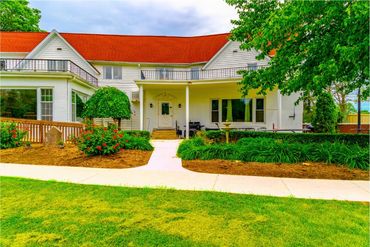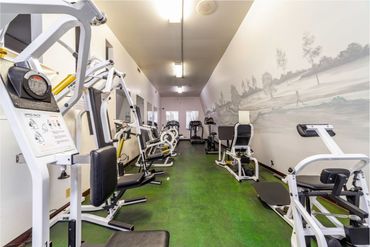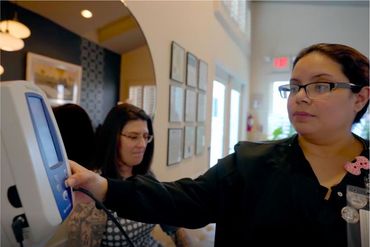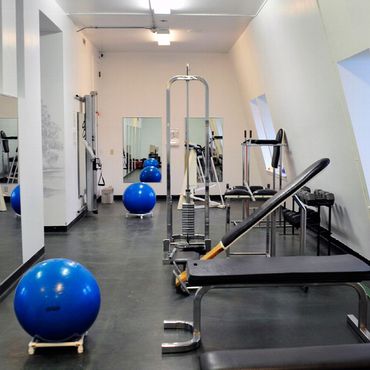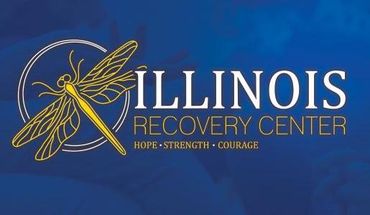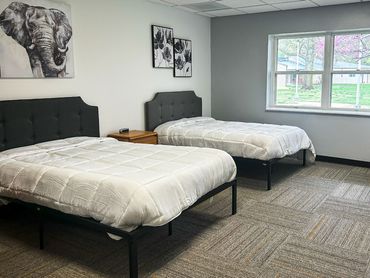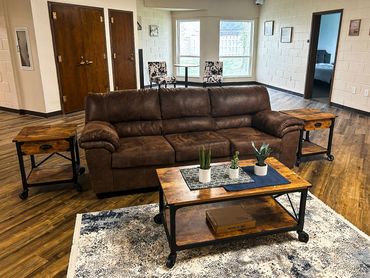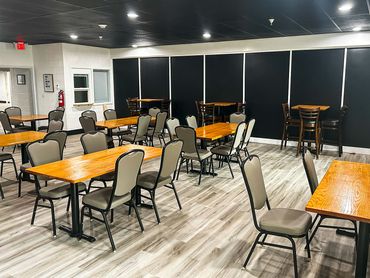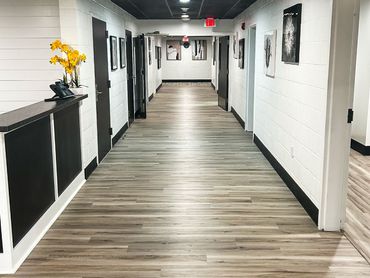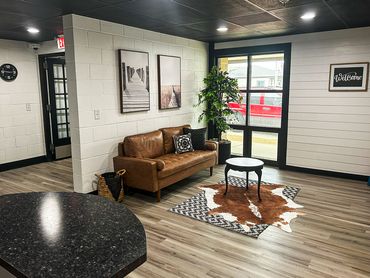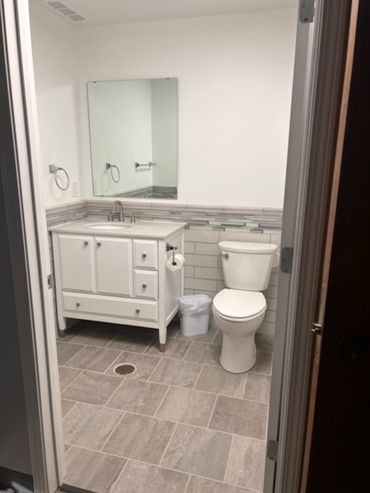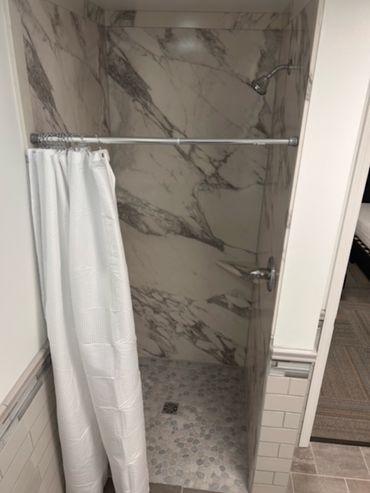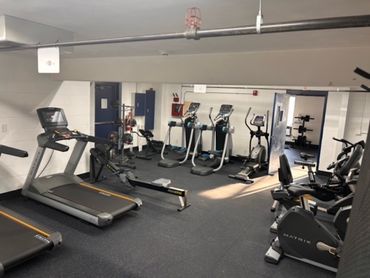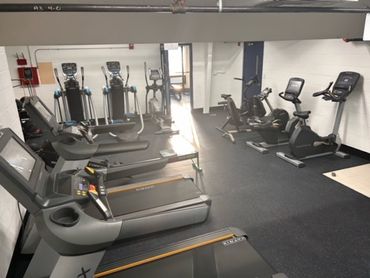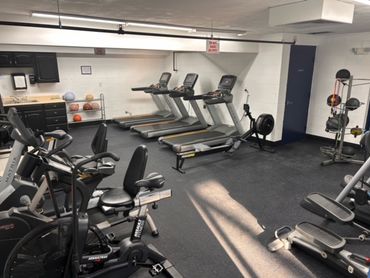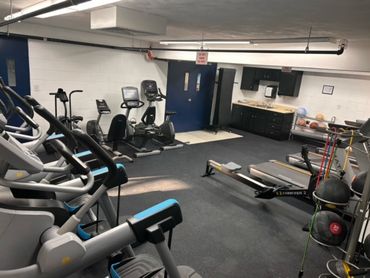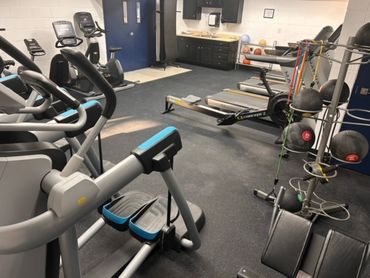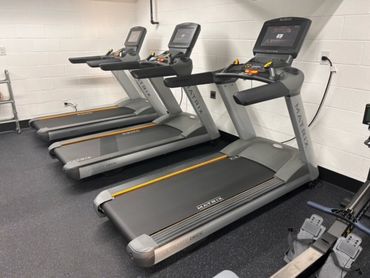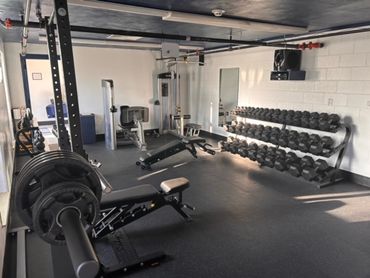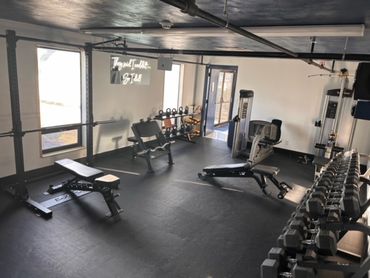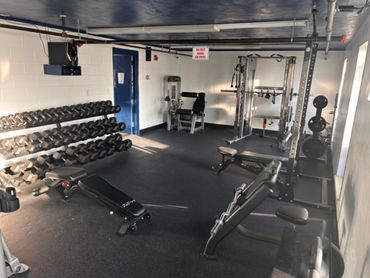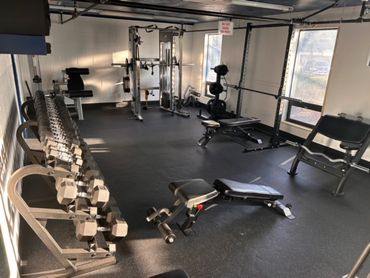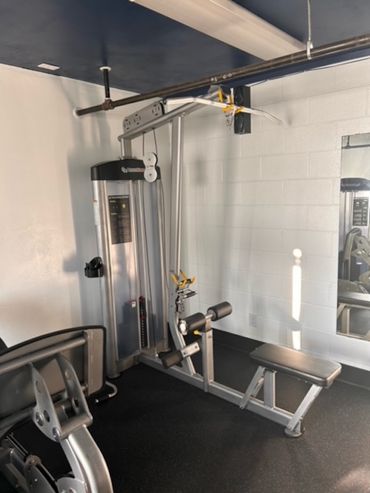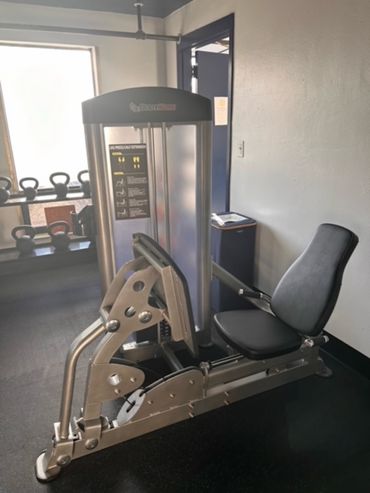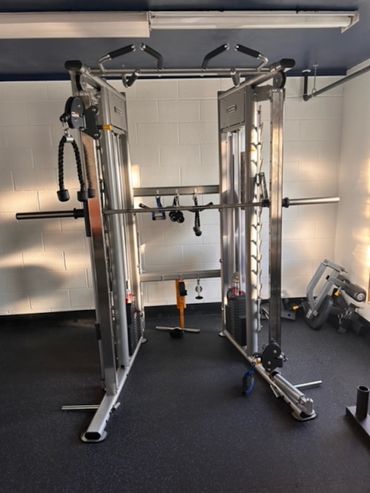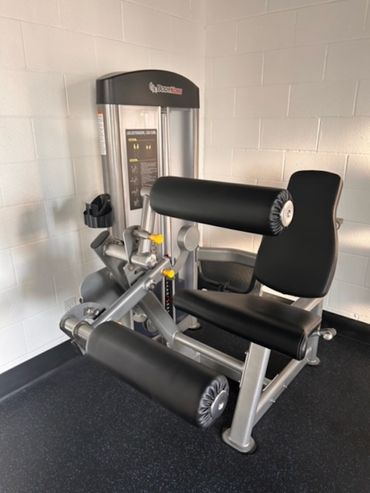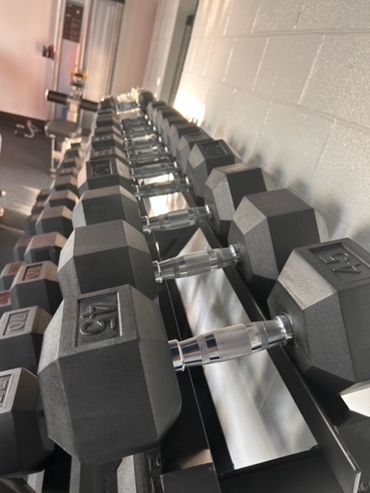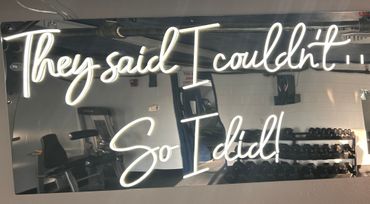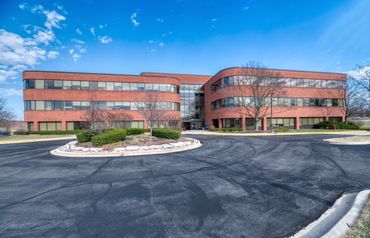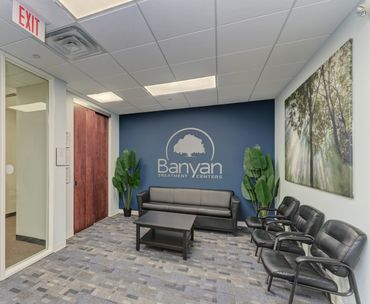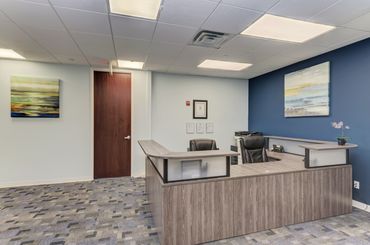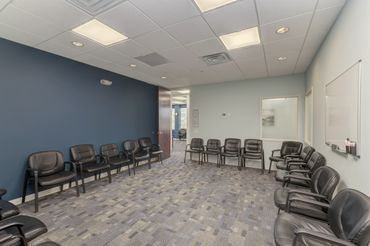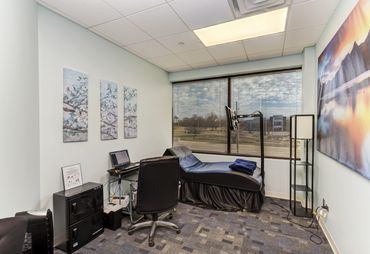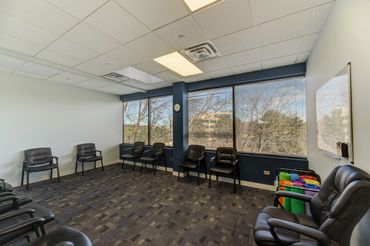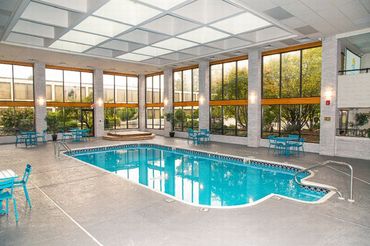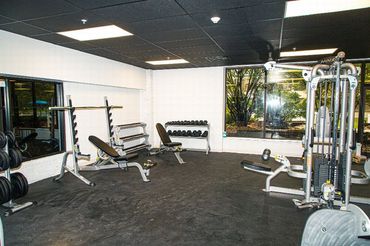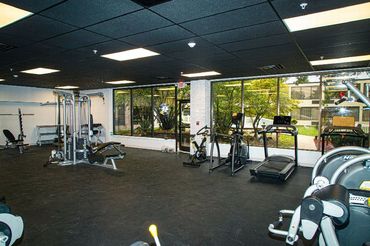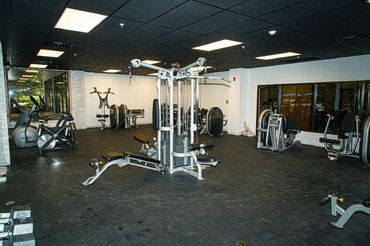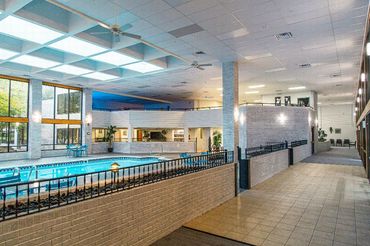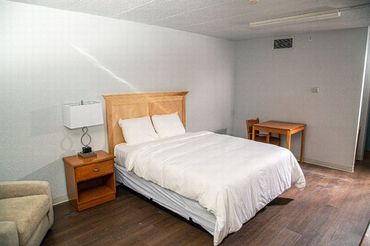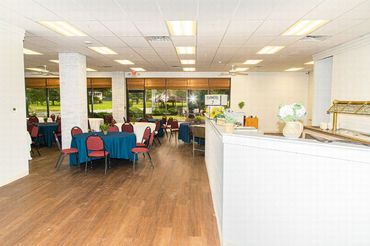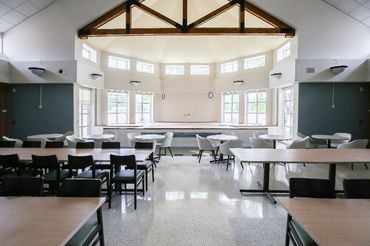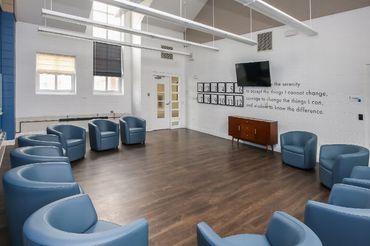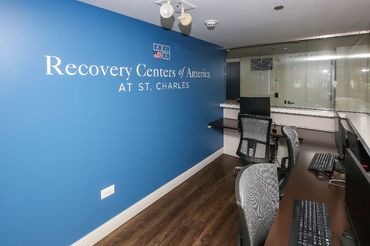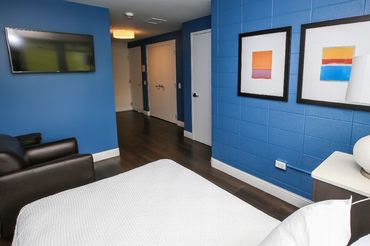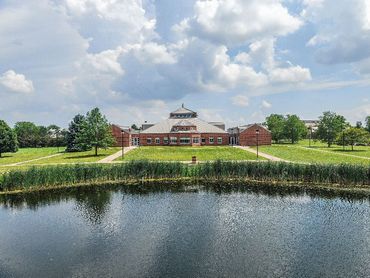
Illinois Inpatient and Outpatient Rehab Centers Near Me for Drug and Alcohol Addiction
If you are ready to enter addiction treatment in Illinois, finding a rehab program that meets your particular needs can feel like an overwhelming challenge. A range of types of treatment programs is available. There are several options ranging from detox centers to inpatient and outpatient facilities.
Browsing the reviews below of addiction treatment centers in Illinois can give you a better idea of what to expect when you choose a rehab program. Reviews include information about cost, location, amenities, services and staff so you can make an informed decision about your recovery.
Addiction treatment centers in Illinois
All Addiction treatment centers in Illinois
Are You Covered For Treatment?
- Chicago Rehabs
- Joliet Rehabs
- Peoria Rehabs
- Springfield Rehabs
- Waukegan Rehabs
- Elgin Rehabs
- Rockford Rehabs
- Aurora Rehabs
- Charleston Rehabs
- Arlington Heights Rehabs
Rehab Insurance Coverage in Illinois
Rehab Centers in Illinois
Information About Rehab in Illinois
Latest Reviews
Latest Reviews of Rehabs in Illinois
Heritage Behavioral Health Center
All of the staff were extremely helpful in admissions, meetings, and help to family members questions. Nothing for clients to do for exercise or simply just to let out steam. This facility has helped people in my family and also friends. The counselors know what they are doing to help with the problems you have.
Hazelden Betty Ford Foundation
Staff is very helpful. Rooms are to small. Facility is very well maintained.
Drug Addiction in Illinois
Across the country, opioid overdoses are increasing significantly, including in Illinois. Between 2013 and 2014, the number of heroin-related overdose deaths increased by 22% in Illinois. In Cook County, the number of heroin-related overdose deaths increased by 331% over 4 years.1
Criminal justice authorities in Illinois identified heroin as the greatest threat to the state in 2016. Because of the large number of highways in Illinois, the state is a major hub for heroin drug trafficking. Data from the Illinois Department of Public Health indicate that a high number of heroin-related deaths occur near main highways throughout the state.1
The number of primary treatment admissions for heroin surpassed treatment admissions for cocaine in fiscal year 2001. Since that time, heroin has accounted for the highest proportion of treatment admissions among Chicago residents.4
Addiction by the Numbers
- In the 2014 Illinois Youth Survey, past 30?day use of alcohol among 8th graders was 14.9% in Illinois, compared to 10.2% nationally. Past 30-day use among 12th graders was 44.4% compared to 39.2% nationally.3
- The state’s rate of past-month alcohol use among those 12 and older in 2014-2015 was 54.25%, compared to the national rate of 52.18%.7
- The rate for past-month heavy alcohol use among those 21 or older in Illinois was 7.6% from 2010-2014, compared to 6.7% for the rest of the country during that time period.5
- In 2015, 40.3% of Illinois residents were currently in substance abuse treatment for a drug problem only, 19.5% were in rehab for an alcohol problem only, and 40.1% were in treatment for combined drug and alcohol problems. 2
- The number of people in Illinois enrolled in substance use treatment, according to single-day counts, increased from 42,945 in 2013 to 44,616 in 2015.2
How Much Does Rehab Cost?
One of the things to think about when picking an addiction treatment program is the cost. Generally, you’ll be paying more if you enroll in a longer program, want a private room or choose a luxury facility. Sometimes these things are really important and worth the extra cost, such as choosing a 60-day or 90-day program instead of a 30-day program, but there may be other things you can give up in order to save some money when paying for rehab.
Almost 70% of all rehab centers in Illinois accept private health insurance.6 For those who are uninsured, many programs offer sliding scale fees and more than half accept Medicaid. Ninety-four percent accept cash or self-pay.6
Treatment Options
Illinois has more than 650 substance abuse treatment facilities, according to a 2015 survey. These programs range from intensive outpatient, day treatment and detoxification programs to short- and long-term residential programs and hospital inpatient programs. Sixty-five IL facilities offer opioid treatment programs.6
A rehab specialist will guide you through the process and recommend the best options for your individual needs so it’s important that you are honest and open when answering your intake questions.
Local Resources for Recovering Addicts
- Access to Recovery (ATR): If your income is at or below 200% of the Federal Poverty Line, this program can help you access addiction treatment services.
- Emergency & Transitional Housing Program: This program provides emergency shelter services to people who are homeless or at risk of becoming homeless.
- Recovering with Pride: This LGBT substance abuse recovery program is based out of the Howard Brown Health Center. They offer a number of free groups at the center, including harm reduction and alumni groups.
- Illinois Department of Human Services Help Line: You can call this helpline for more information about local services and resources.
- Illinois Medicaid: This website provides information about enrollment. To get more information on applying for Medicaid, you can call the Health Benefits Hotline.
There are also free alcohol abuse and drug addiction hotline numbers you can call.
Insurance Providers
Learn more about some addiction treatment insurance providers:
Treatment Resources
Sources
- Illinois Criminal Justice Information Authority. (2016). A state and national overview of the opioid and heroin crisis.
- Substance Abuse and Mental Health Services Administration. (2017). Behavioral Health Barometer: Illinois, Volume 4.
- Illinois Department of Human Services and University of Illinois Institute of Government and Public Affairs. Illinois Youth Survey: 2014 State Report.
- National Institute on Drug Abuse. (2014). Drug Abuse Patterns and Trends in Chicago—Update: January 2014.
- Substance Abuse and Mental Health Services Administration. (2015). Behavioral Health Barometer: Illinois, 2015.
- Substance Abuse and Mental Health Services Administration (SAMHSA). (2015). National Survey of Substance Abuse Treatment Services (N-SSATS): 2015 State Profile – Illinois.
- Substance Abuse and Mental Health Services Administration. National Survey on Drug Use and Health: 2014-2015 State-Specific Tables of Model-Based Estimates.


